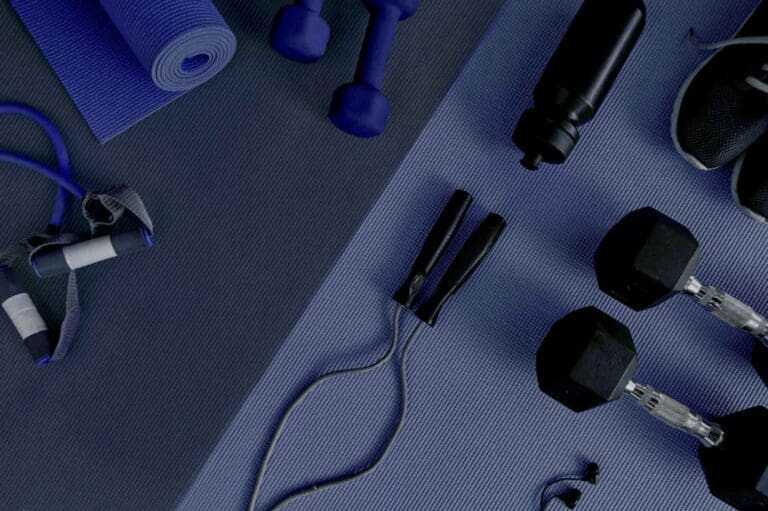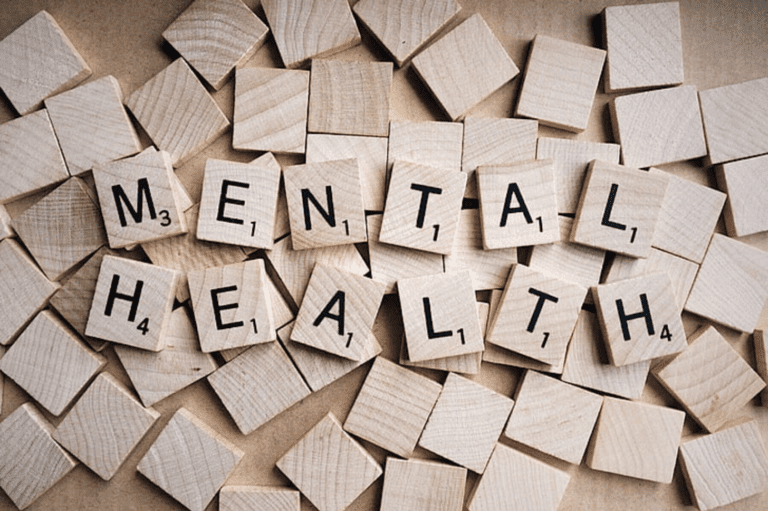
As a personal trainer in San Mateo, I’ve seen firsthand the positive effects that regular exercise can have on both the body and the mind. But while most of us are familiar with the physical benefits of exercise, such as improved cardiovascular health and weight management, the cognitive benefits of regular physical activity are less well-known. In this blog post, I’ll explore the ways in which exercise can boost brain health and improve cognitive function, as well as provide some tips on how to incorporate more physical activity into your daily routine.
One of the most well-established benefits of exercise is its ability to improve memory and cognitive function. Studies have shown that regular physical activity can lead to an increase in the size of the hippocampus, a part of the brain that is crucial for learning and memory. A study published in the Journal of Aging and Physical Activity found that older adults who engaged in regular physical activity had a larger hippocampus than those who were sedentary and that this increase in size was associated with improved memory and cognitive function.
Exercise has also been shown to improve executive function, which refers to the cognitive processes that help us plan, organize, and make decisions. A study published in the Journal of Sport and Health Science found that regular physical activity was associated with improved executive function in older adults. This is thought to be due to the fact that exercise can increase the production of brain-derived neurotrophic factor (BDNF), a protein that promotes the growth and survival of brain cells.
In addition to improving memory and cognitive function, regular exercise has also been shown to have a positive impact on mood. Studies have found that physical activity can reduce symptoms of depression and anxiety, and that it can also improve overall well-being. This is thought to be due to the fact that exercise can increase the release of endorphins, which are chemicals in the brain that help to reduce pain and improve mood.
So, how can you incorporate more physical activity into your daily routine? One of the best ways is to find an activity that you enjoy and that you can do regularly. This might be something like going for a run, taking a yoga class, or going for a swim. If you’re new to exercise, it’s important to start slowly and gradually increase the intensity and duration of your workouts over time. It’s also a good idea to work with a personal trainer like myself, who can help you develop a safe and effective workout plan that is tailored to your individual needs and goals.
In conclusion, regular exercise is one of the best things you can do for your brain health and cognitive function. Whether you’re looking to improve your memory, boost your mood, or sharpen your focus, regular physical activity can help. So, if you’re looking for a personal trainer in San Mateo to help you improve your brain health, give me a call at Holly Roser Fitness! Let’s get moving and give your brain the workout it deserves!
References
Erickson, K. I., Voss, M. W., Prakash, R. S., Basak, C., Szabo, A., Chaddock, L., … Kramer, A. F. (2011). Exercise training increases size of hippocampus and improves memory. Proceedings of the National Academy of Sciences of the United States of America, 108(7), 3017–3022. https://doi.org/10.1073/pnas.1015950108
Erickson, K. I., Prakash, R. S., Voss, M. W., Chaddock, L., Hu, L., Morris, K., … Kramer, A. F. (2010). Aerobic fitness is associated with hippocampal volume in elderly humans. Hippocampus, 20(10), 1030–1039. https://doi.org/10.1002/hipo.20832
Colcombe, S. J., Erickson, K. I., Scalf, P. E., Kim, J. S., Prakash, R., McAuley, E., … Kramer, A. F. (2006). Aerobic exercise training increases brain volume in aging humans. The Journals of Gerontology Series A: Biological Sciences and Medical Sciences, 61(11), 1166–1170. https://doi.org/10.1093/gerona/61.11.1166






